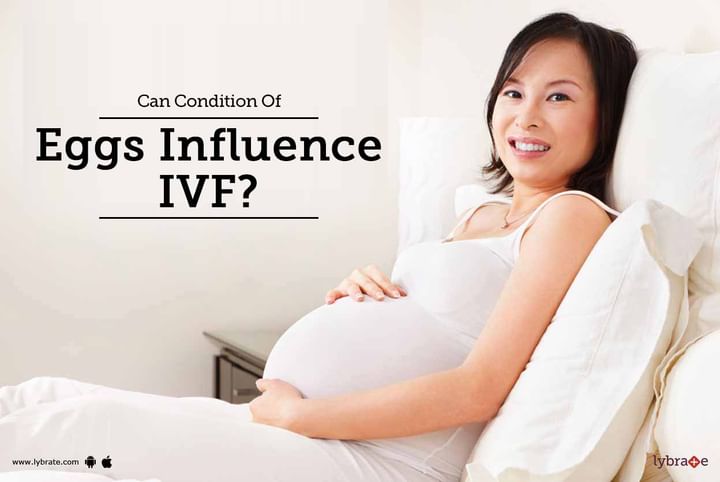Can Condition Of Eggs Influence IVF?
The concept of egg quality of a woman is derived from the belief that the embryo implantation probability is powerfully related to the age and ovarian reserve of the woman. Thus, it is regarded that the quality of the egg is almost synonymous with the chances of embryo implantation. Its quality cannot be assessed merely by looking at the egg or measuring its ability to receive the fertilization by sperm or simply observing the initial embryo division.
There are some factors that contributes to the success or failure of the embryo implantation, some of them are:
- Diminished ovarian reserve: A woman with an increased FSH level on the third day of the menses is regarded as having diminished reserve of ovary. This implies that her ovary is not competent in sending feedback signals to the pituitary gland and the body responds by producing an increased amount of FSH for stimulating the ovary. For more than 10 years, it has been found that in over thousands of fertility treatment cycles, women with an increased FSH level have a lower egg quality.
- Advanced age of maternity: Even though the FSH level is normal, the age of the mother who provides the eggs plays an important role to determine the quality of the egg. Quite like women with increased FSH levels, eggs obtained from women aged more than 40 years can have some problems at a later stage of fertilization. Normal FSH levels are not considered a reassuring factor, owing to the lower implantation rate in females aged over 45 years.
- Diminished quality of egg: With an increase in age, the capacity of the mitochondria in producing energy slowly decreases. The egg is linked to the circulation before ovulation, and it is linked again after the embryo implantation. But during the one week time ranging from ovulation to implantation, the egg and the resulting embryo are contained in the zona pellucida and function on the basis of mitochondrial energy supply. The older age of the woman doesn’t cause any problem at the initial stage of ovulation. Its fertilization and embryonic development are also normal. But soon, it runs out of energy and stops dividing before reaching the stage of implantation.
Therefore, it is important to have the eggs tested to find out any sort of chromosomal abnormality. In case the mother is deficient of producing high quality eggs, the best option is to have donor eggs.



+1.svg)
